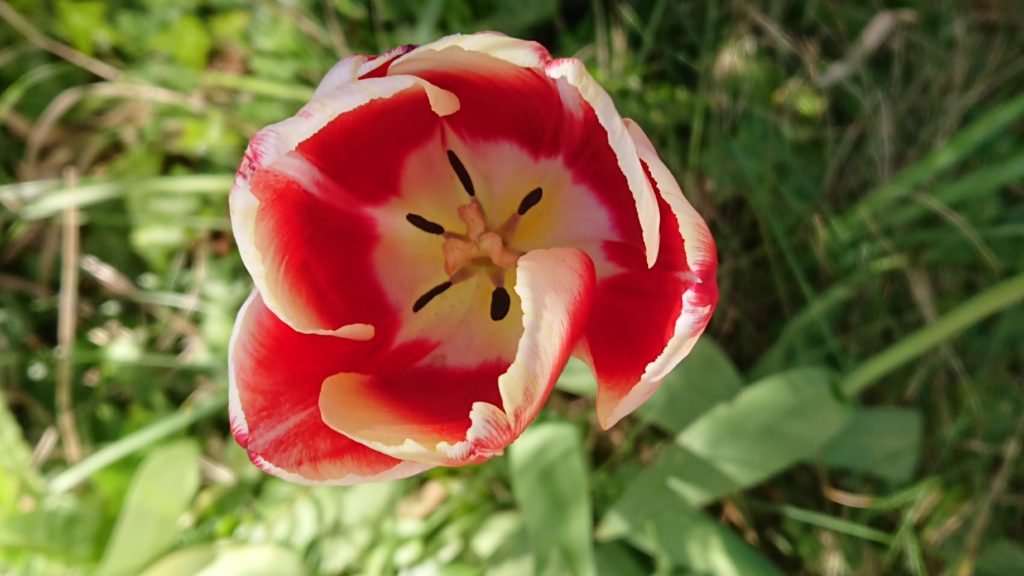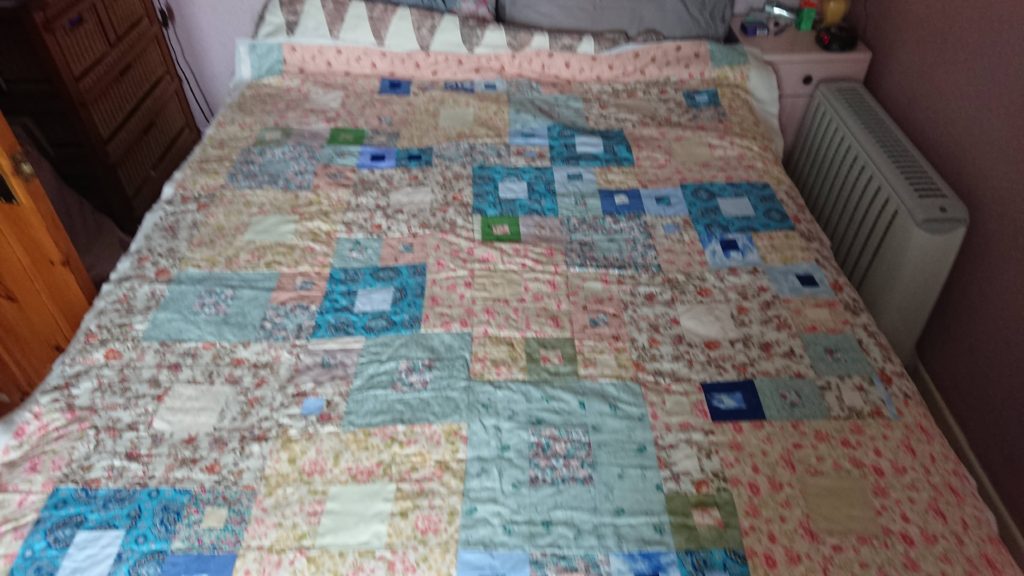Dear Benedict
A large chunk of
your Rule is about what action the community should take towards
those members who go wrong (chapter 23-30). It’s a tricky section
to interpret nearly 20 centuries after you wrote it. Social attitudes
and culture have changed a great deal, as I’ve mentioned before.
There are quite diverse views about punishment, and a move away from,
for example, physical punishment especially for young people, should
be noted. You use words infrequently used today outside church
circles (and even in them) like excommunicate.
It’s a serious and
strong word for you to use as we see from the examples you give. A
person who has done wrong is removed from community in steps: at
mealtimes, at prayer times and eventually those unable to amend their
faults have to leave. Such steps are common in most communities
because a community cannot be a community if there are disruptive
rule-breakers inside. Our criminal justice system is supposed to work
on similar lines. We may seek to guide and change such individuals
but what if we can’t?
The issue has become
a very challenging one in our time. The central notion of confession
and forgiveness means we like to think anyone can be a better person.
Yet we also see damage caused by those who cross the lines as far as
acceptable behaviour is concerned. Yet looking back, we can also see
where, historically, lines were crossed and nothing happened, lines
were crossed and there was no transparency of action, or lines
weren’t crossed but someone was blamed or disciplined falsely,
perhaps due to inherent prejudices and bias. So even the community
can get doing wrong, wrong, or even not get doing right, right.
When a community
makes a mistake against another person and punishes them in whatever
way for not doing wrong but other wrong doers get away without
punishment, then a bad situation has been made worse. It is charges
of this sort against the Church in its various forms, and covered up
or defended by some insiders, that has contributed to a widespread
lack of trust amongst some outsiders. If, for example, a regulation
says, a rule breaker must appear before a regulating body within 3
months and this doesn’t happen for 9 months, there should be a good
reason. If one person seems to have been given exemption from a
specific rule that others have to obey, again it needs to be clear
why.
But most of us
prefer to keep our wrongs to ourselves, and at least out of the
public space (harder today than you might imagine). We also prefer to
select which rules we need to keep and which don’t need to apply to
us. All of which is in the forefront of my mind as we approach a 2nd
(predictable) COVID19 national lock down in England (other parts of
the UK may follow different lock down rules). We will have different
ideas of what communal priorities should be.
Having had several
decades of emphasis on extending life expectancy across the
population with various health campaigns, screening and so on, we’ve
now appear to have hit a wall. First some people now think that some
health conditions are not worth surviving with and others think some
forms of older age are worthless. Both of these are very serious
communal wrongs. But if they become widespread views how will we deal
with them?
Economic stability
has been pushed above personal vulnerability, mostly by fear. We have
seen, in previous situations, how the poor are badly served. Their
life expectancy, quality of life and health are all likely to suffer
more than other sections of the population. None of us wants to be in
this group so we grope towards economic stability and leave the poor
to fend for themselves. The MPs voting against the extension of free
school meals in the holidays recently had all got good reasons for
doing so, and none of them was hungry. They played on the fear of
many who had been hungry in the past saying we can’t make the money
stretch for ever. As a result even some people who have been hungry
backed the decision hoping they’d not be on the hungry list this
time.
In Britain today, no one needs to be hungry.
A community is a
challenging place to live. It’s not just about being nice to the
people next door or picking up your dog waste. Sometimes we learn the
most about community when we do get things wrong. Putting things
right is often much more difficult.
From the remembered
gospel: Forgive us the wrongs we do as we forgive those who wrong us.
Help me to get things right!
From a Friend of
Scholastica and a Member of the Lay Community of St Benedict.



